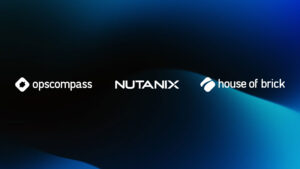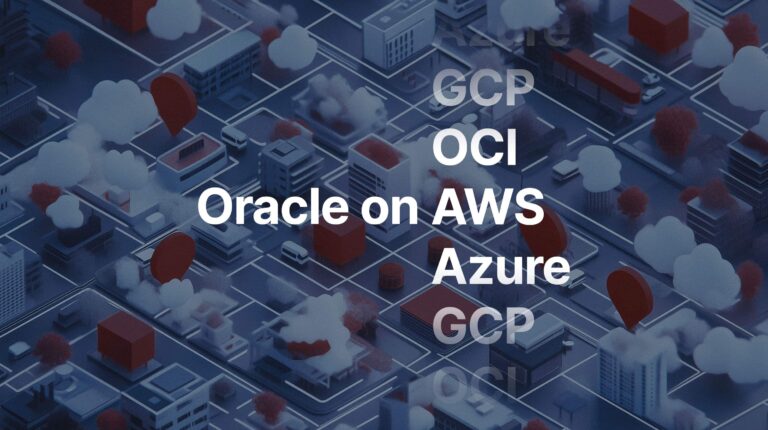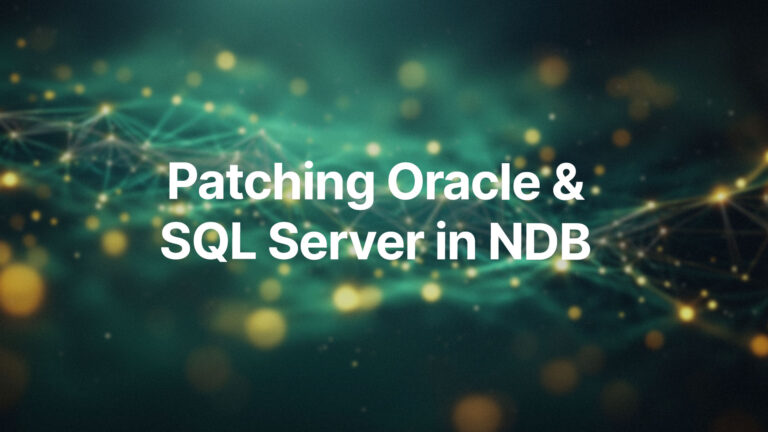Partitioning: One of Oracle’s Most Misunderstood and Expensive Features
Oracle Partitioning is a powerful tool for performance and manageability, but it also carries significant licensing risk. Many teams mistakenly assume it’s included in Oracle Database Enterprise Edition by default.
It’s not.
Partitioning is a separately licensed option, and unintentional use is one of the most common triggers for costly audit findings.
See how House of Brick helps organizations defend against Oracle audits
Myth 1: “Partitioning Comes with Enterprise Edition”
Reality: Partitioning is licensed per processor, per database, and only if you explicitly purchased it.
Even though the functionality is technically available with Enterprise Edition, using it without a license is a violation.
Risk Example: An Oracle DBA partitions a large table to improve query speed without realizing it triggers a six-figure licensing event.
Myth 2: “We Only Enabled Partitioning in Dev/Test”
Reality: Oracle doesn’t care if it’s production or test—use is use.
Oracle’s audits often include all environments. Dev, test, staging, and DR environments are fair game unless they are covered under special licensing terms (like Oracle Application Testing Suite).
Fix: Use Opscompass to detect partitioning usage across non-prod environments.
Myth 3: “We Turned It Off, So We’re Safe”
Reality: Oracle audit tools log historical usage.
Even if Partitioning is disabled now, if it was used previously without a license, you’re still on the hook. Simply disabling a feature is not a defense.
Learn how Opscompass tracks historical feature usage and configuration drift
How Partitioning Triggers Audit Risk
- Creating a partitioned table or index without a license is automatically flagged
- Exporting/importing partitioned data counts as use
- Copying partitioned structures from one DB to another extends the licensing exposure
- Oracle’s LMS scripts detect these behaviors, and you may be asked to retroactively license every instance that used Partitioning.
Read: Oracle Enterprise Edition Features That Could Cost You Millions
How to Detect and Control Partitioning Risk
With Opscompass:
- See which features (like Partitioning) are enabled per instance
- Get alerted when Partitioning is activated, even in test/dev
- Monitor drift from license-safe configurations
With House of Brick:
- Assess your current exposure to unlicensed feature usage
- Develop audit defense documentation and legal positioning
- Plan remediation or license optimization strategies
FAQs: Oracle Partitioning and Licensing
Technically yes, but the moment it’s used—even in dev—Oracle considers it licensable.
Yes. Oracle uses LMS tools that detect historical partitioning usage.
Only if explicitly purchased or included in specific Oracle programs. Otherwise, it’s an à la carte cost.
Don’t Let Partitioning Become a Surprise Six-Figure Line Item
Partitioning helps performance. But without controls, it helps Oracle’s audit revenue more.







